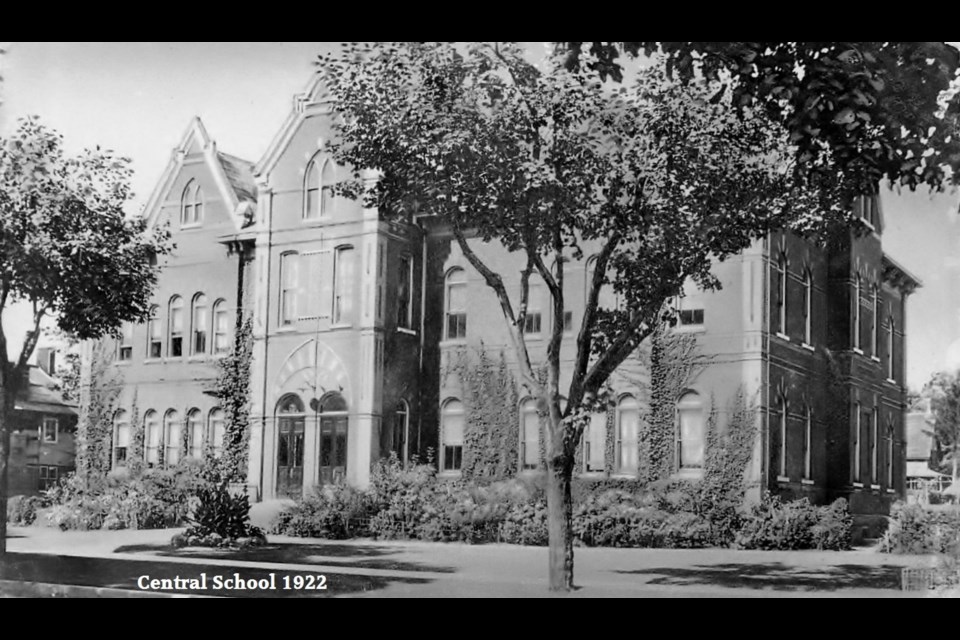In 1969 I went to kindergarten at Central Public School in Ontario. It was built in 1882 at a cost of $12,000. Today it’s the oldest remaining building in the city with its original design.

Central was heated with coal. I remember the coal chute at the back of the building, and the dust that seemed to always be present, but especially when a delivery came. My parents homes were all heated with oil, and I can still conjure up the smell of the fumes on the days when the oil truck would arrive with a delivery. The first home I purchased was also heated with oil, but since then my homes have been gas or electric. My experience is common, as energy source shifts have occurred throughout the 20th century.

Cleantechnica published a reference last week to a June RMI brief on how state politicians are moving to block local governments from adopting clean energy requirements for new home builds. Cities in many parts of the United States are simply stepping up and mandating clean air requirements. Berkley CA has banned natural gas in new construction, as have Seattle WA, Norman OK, Brookline MA and at least 45 other cities. Recently, 19 states have passed laws prohibiting these bans. The states use “consumer choice” as the justification, but RMI claims that these efforts are thinly disguised lobbying efforts by the fossil fuel industry.
RMI makes the point that “consumer choice” is a disingenuous argument, since gas companies won’t run a pipeline for just one home. Energy choice is a decision that is made collectively by a group of homeowners at a neighborhood, or even potentially at a municipal level. More importantly, though, the decision to hamstring regulatory efforts is a set-back for net-zero commitments nationwide. Just as cities are now able to require EV charge capacity in all new builds, they should also be able to prohibit gas in new builds.
There will no doubt be legal challenges as cities have the right to enact all kinds of regulation that state level governments shouldn’t be meddling with. It’s also worth noting precedents dating back centuries that cities can enact these bans. The City of London, for example, banned the burning of coal over air quality concerns in the year 1306.
